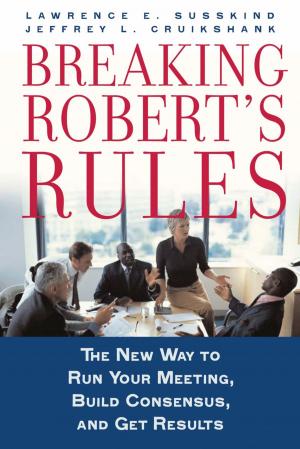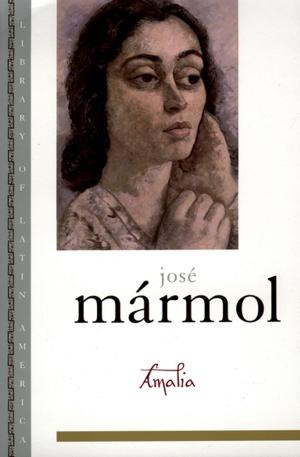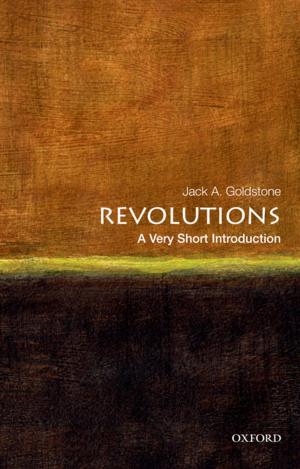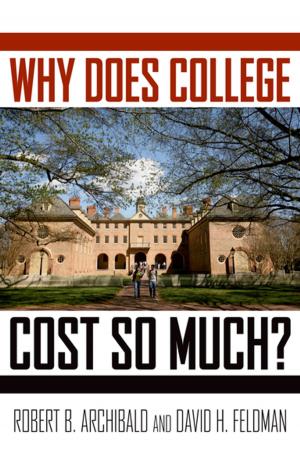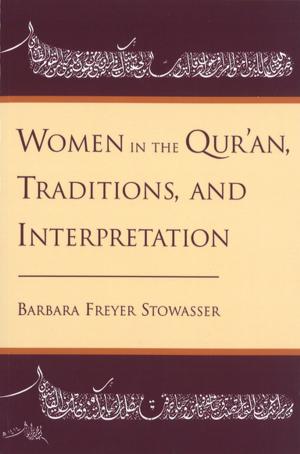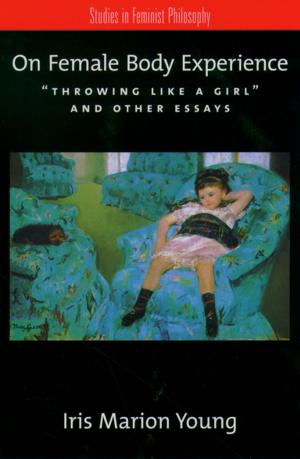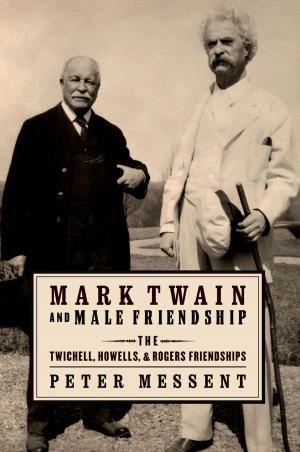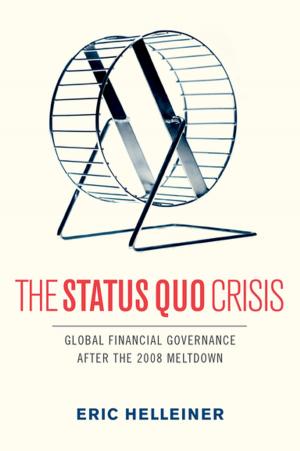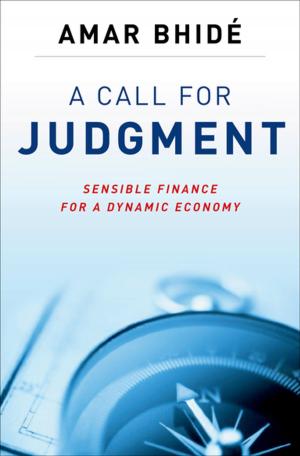A Meaning to Life
Nonfiction, Science & Nature, Science, Other Sciences, Philosophy & Social Aspects, Religion & Spirituality, Philosophy, New Age| Author: | Michael Ruse | ISBN: | 9780190933241 |
| Publisher: | Oxford University Press | Publication: | March 15, 2019 |
| Imprint: | Oxford University Press | Language: | English |
| Author: | Michael Ruse |
| ISBN: | 9780190933241 |
| Publisher: | Oxford University Press |
| Publication: | March 15, 2019 |
| Imprint: | Oxford University Press |
| Language: | English |
Does human life have any meaning? Does the question even make sense today? For centuries, the question of the meaning or purpose of human life was assumed by scholars and theologians to have a religious answer: life has meaning because humans were made in the image of a good god. In the 19th century, however, Charles Darwin's theory of evolution changed everything-and the human organism was seen to be more machine than spirit. Ever since, with the rise of science and decline of religious belief, there has been growing interest - and growing doubt - about whether human life really does have meaning. If it does, where might we find it? The historian and philosopher of science Michael Ruse investigates this question, and wonders whether we can find a new meaning to life within Darwinian views of human nature. If God no longer exists-or if God no longer cares-rather than promoting a bleak nihilism, many Darwinians think we can convert Darwin into a form of secular humanism. Ruse explains that, in a tradition going back to the time of Darwin himself, and represented today by the evolutionist E. O. Wilson, evolution is seen as progress -- "from monad to man" - and that positive meaning is found in continuing and supporting this upwards path of life. In A Meaning to Life, Michael Ruse argues that this is a false turn, and there is no real progress in the evolutionary process. Rather, meaning in the Darwinian age can be found if we turn to a kind of Darwinian existentialism, seeing our evolved human nature as the source of all meaning, both in the intellectual and social worlds. Ruse argues that it is only by accepting our true nature - evolved over millennia - that humankind can truly find what is meaningful.
Does human life have any meaning? Does the question even make sense today? For centuries, the question of the meaning or purpose of human life was assumed by scholars and theologians to have a religious answer: life has meaning because humans were made in the image of a good god. In the 19th century, however, Charles Darwin's theory of evolution changed everything-and the human organism was seen to be more machine than spirit. Ever since, with the rise of science and decline of religious belief, there has been growing interest - and growing doubt - about whether human life really does have meaning. If it does, where might we find it? The historian and philosopher of science Michael Ruse investigates this question, and wonders whether we can find a new meaning to life within Darwinian views of human nature. If God no longer exists-or if God no longer cares-rather than promoting a bleak nihilism, many Darwinians think we can convert Darwin into a form of secular humanism. Ruse explains that, in a tradition going back to the time of Darwin himself, and represented today by the evolutionist E. O. Wilson, evolution is seen as progress -- "from monad to man" - and that positive meaning is found in continuing and supporting this upwards path of life. In A Meaning to Life, Michael Ruse argues that this is a false turn, and there is no real progress in the evolutionary process. Rather, meaning in the Darwinian age can be found if we turn to a kind of Darwinian existentialism, seeing our evolved human nature as the source of all meaning, both in the intellectual and social worlds. Ruse argues that it is only by accepting our true nature - evolved over millennia - that humankind can truly find what is meaningful.



